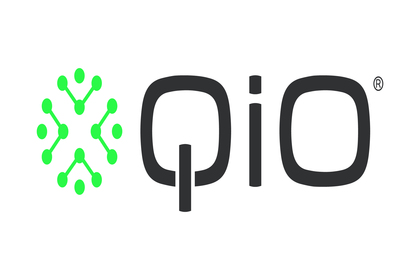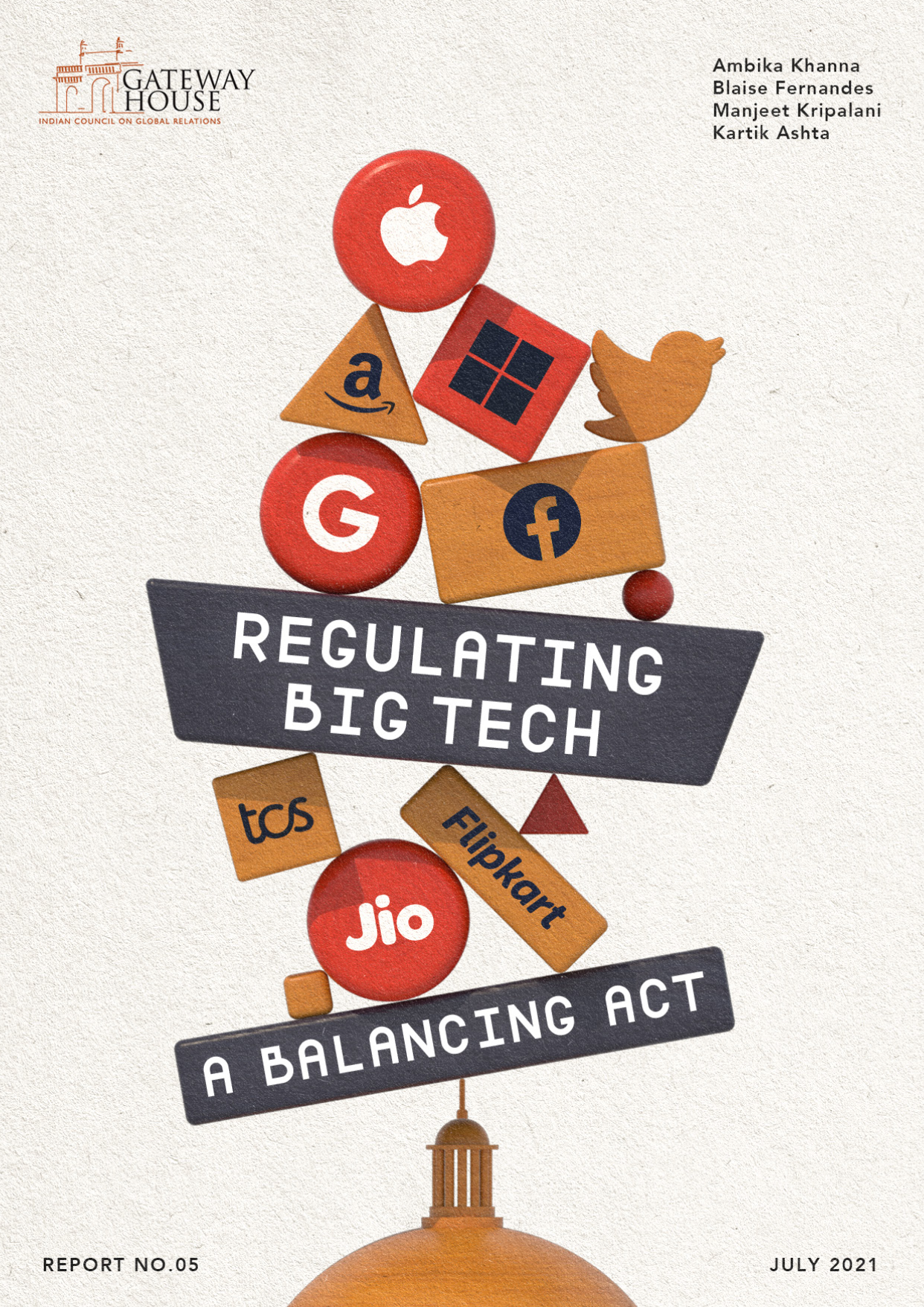QiO: Answering questions inside outcomes
UK-Pune based QiO Technologies is an industrial software analytics company that focuses on digital transformation. QiO differentiated itself by complying with and certifying its products with European GDPR standards, creating trust and a wider client-base. It offers a unique subscription plan based on investment returns, making it an attractive option for manufacturing MSMEs.






